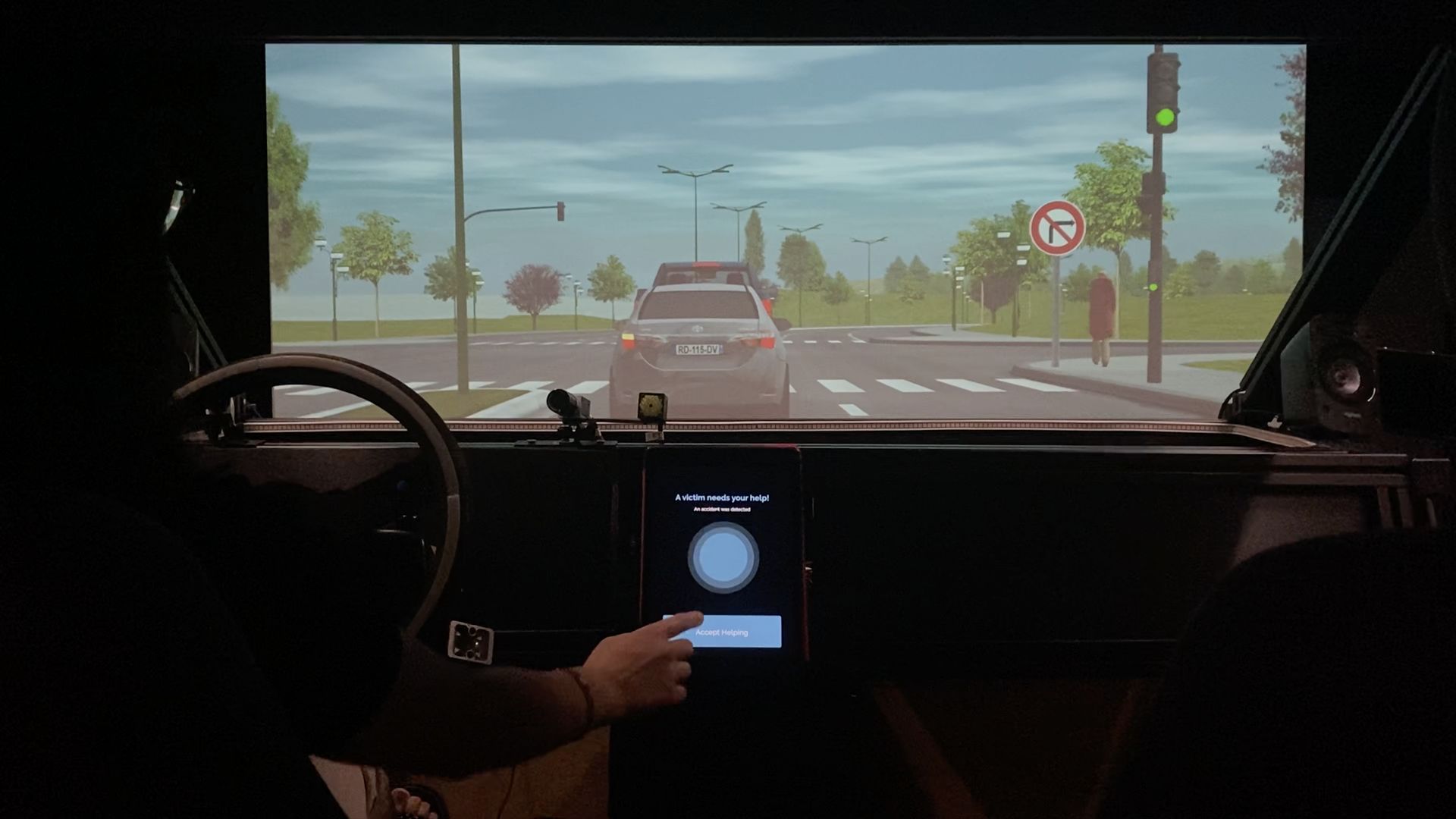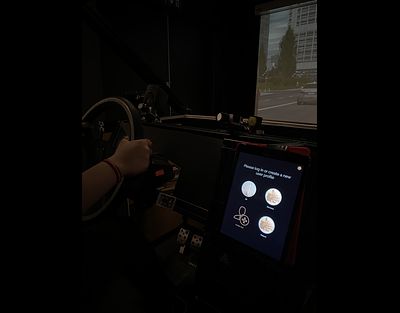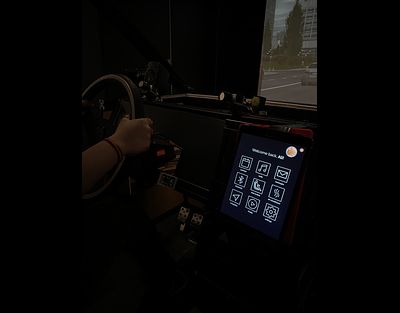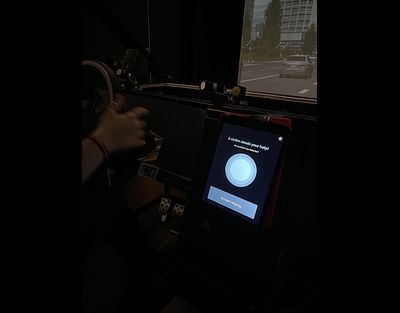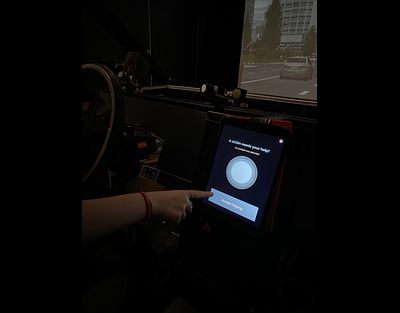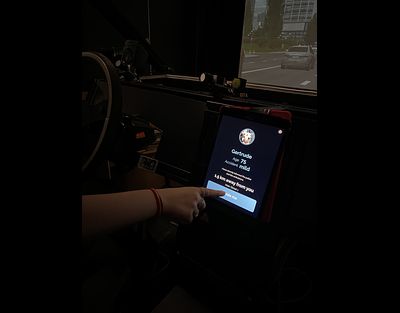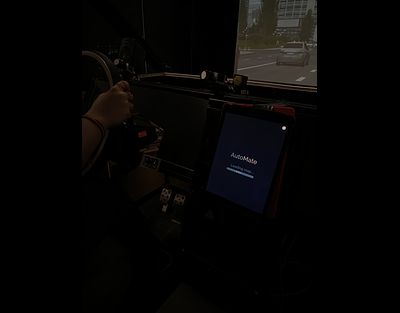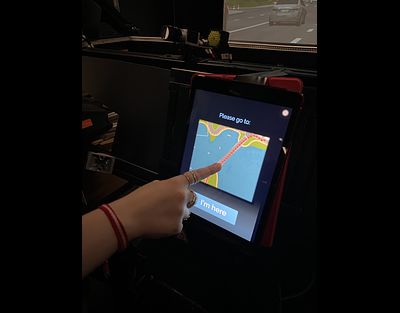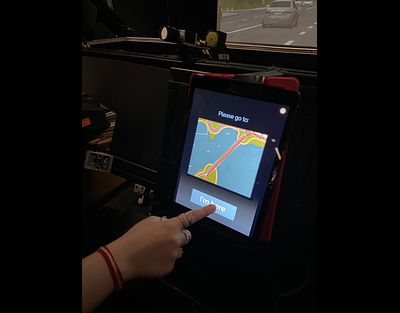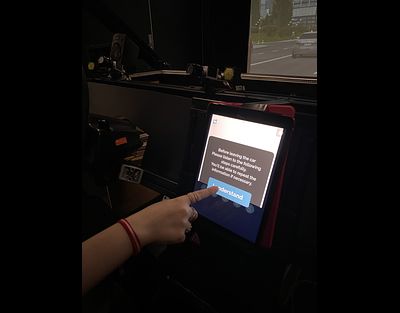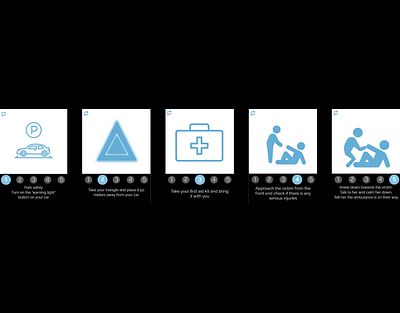Background
Human empathy has been fogged by apathy of the bystander effect, and we see that the reasons for this could be a lack of feeling responsible and a lack of emotional attachment towards the victim, as well as fears and insecurities about helping from the bystander’s side.
Our project focuses on breaking the bystander effect in the context of a car accident, and how a first-aid communication system (AutoMate) can improve the empathy from the bystanders towards the victim.
Conducting a user study on a car simulator, we found positive reactions from eight users towards AutoMate, leading to a more empathic approach from them to the victim. We investigated how AutoMate can help to reduce the bystander effect in car accidents. AutoMate is a useful tool as an integrated add-on in existing car systems.
The results show that AutoMate’s guidance displayed high levels of clarity and easy to use interaction that lead to a more reassured driver, having a more positive impact on their empathy levels.
AutoMate is a system that informs the drivers - bystanders - that an accident occurred and how far it is. The system provides guidance to the bystander as well as reassure the victim that help will come. The importance of our system lies in overcoming the bystander effect in order to help people who are suffering from injuries. Using digital interfaces integrated in users’ daily routines as a means to enhance empathy and helpfulness between people is an important contribution to HCI.
- Filename Title Subtitle
-
Paper AutoMate - Demir, Melibeu, Lang.pdf
Research Paper
